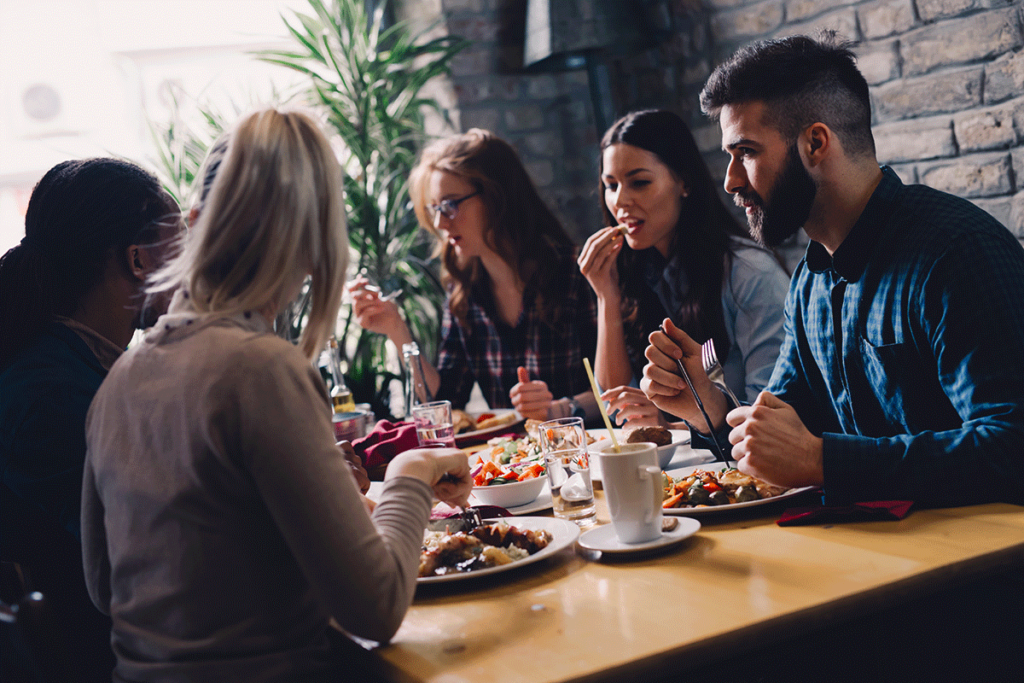Have you thought about alcoholic recovery and food cooked with alcohol? One of the many challenges you may face if you’re getting sober from an alcohol use disorder is that many foods and cooking processes require alcohol. At our alcohol addiction treatment center, we offer guidance in helping you understand why eating foods cooked with alcohol can still be dangerous. Call Promises 844.875.5609 for more.
Alcohol Burns Away and Other Myths
You’ve likely heard that the cooking process burns alcohol away, removing its potency and making it safe for people who don’t drink or can’t. Unfortunately, that idea is a myth. Alcohol remains present in significant amounts.
The U.S. Department of Agriculture published a table that displays nutrient retention after various cooking processes and showed that 85% of alcohol remained when added to a boiling liquid and then removed after a few minutes.
It also showed that 75% of alcohol remained even after using the flaming method of cooking, which is one of the most common ways of using alcohol for cooking.
Alcoholic Recovery and Food Cooked With Alcohol
Although using alcohol for cooking is meant to increase flavor, not to get anyone intoxicated, for someone struggling with an alcohol use disorder, even a small amount of alcohol present in food can trigger relapse.
Some people can consume food with alcohol without experiencing that triggering, especially if they don’t know it’s present, but many of them do end up struggling with their sobriety.
Take the time to learn what common foods are made using alcohol. These include:
- Foods made with beer batter
- Tiramisu
- Bearnaise sauce
- Barbecue sauce
- Some pasta dishes
- Some dessert glazes
Eating out can be a challenge because of this. It’s always a good idea to ask about the cooking process of what you’d like to eat or to let the chef know you don’t want alcohol used in the preparation of your food.
Cooking With an Alcohol Use Disorder
If you love to cook but are trying to stay sober, you shouldn’t use alcohol at all during cooking or baking. If you choose a recipe that contains alcohol, find ways of substituting it so that you don’t have it in the house. Having easy access to alcohol can quickly lead to relapse.
There are excellent substitutes for alcohol in recipes. For example, if the recipe calls for brandy, you can use apple juice, white grape juice, or apple cider. For recipes that require red wine, use beef broth or even unsweetened cranberry juice.
To choose the right substitute, you want to understand if the alcohol is being used to enhance the flavor, as a tenderizer, or for the yeast content.
If it is being used for flavor, choose a substitute that offers a similar taste, while if you need it to tenderize meat or vegetables, choose soda, vinegar, or an acidic fruit juice. And if you need the alcohol for its yeast content, it may be better to try another recipe since there aren’t great substitutes for that purpose.
Getting Help at Promises with Alcohol Addiction Treatment
Mixing alcoholic recovery and food cooked with alcohol is not a good idea. Some people may be fine with it, but most will end up putting their sobriety at risk.
You don’t have to struggle with an alcohol addiction on your own when there’s help available. At Promises, we provide the assistance you need to understand what led to the addiction in the first place and how you can break free from it. With a variety of treatment programs, we can help you find what works best for your needs.
Don’t hesitate. Turn to Promises by calling 844.875.5609 to learn more about your treatment options.

